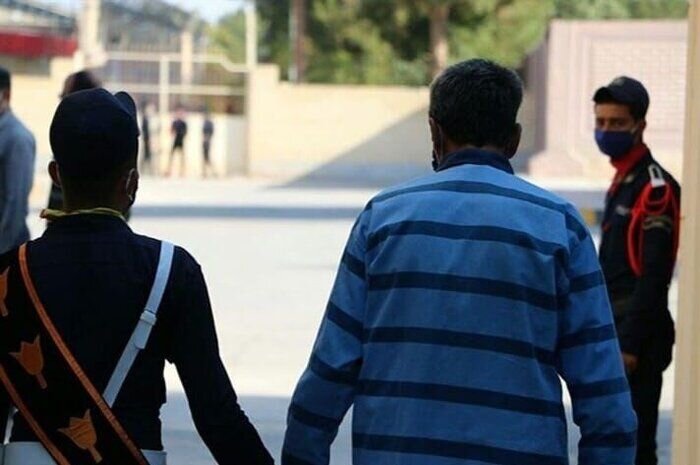One thousand Afghan prisoners to be repatriated
One thousand Afghan prisoners to be repatriated
TEHRAN – Iran is planning to send over a total of 1,000 Afghan prisoners back to their home country within the next two months.

According to the latest statistics, less than 10 Iranians are currently imprisoned in Afghanistan, IRNA reported.
A majority of Afghan prisoners are convicted of drug-related crimes, Askar Jalalian, the deputy justice minister announced on Wednesday.
Highlighting friendly relations between the two countries, Jalalian said the two neighboring countries need to cooperate more to remove problems.
He went on to say Afghan prisoners are repatriated on their own free will.
However, those who have been sentenced to death, have private plaintiffs or are indebted won’t be transferred.
In 2006, Iran and Afghanistan signed an agreement on the repatriation of prisoners.
Iran’s support for refugees
Iran’s support for refugees is demonstrated through its inclusive policies, which encompass protection, assistance, education, and healthcare, inspiring the global community and positively impacting the lives of refugees.
As the second-largest refugee-hosting country, Iran is currently host to one of the largest and most protracted refugee populations in the world, the majority of whom are Afghan refugees.
The country is home to over 800,000 registered refugees and some 2.6 million undocumented Afghans.
Currently, more than 500,000 Afghan children – including undocumented Afghans and those who have newly arrived in Iran following the Taliban takeover – are benefitting from Iran’s inclusive education policies, one of the most progressive in the world.
In total, Iran hosts some 4.5 million Afghans of varying status – including resident permit holders, undocumented Afghans, and family passport holders – many of whom have been in the country for an extended period and require support to strengthen their resilience.
Iran’s generous and exceptional services for refugees despite unfair economic sanctions have exceeded expectations and international responsibilities.
The government of Iran has made a very generous effort to provide services to millions of refugees and foreign nationals despite difficult living conditions and oppressive economic sanctions imposed on the country.
However, Nader Yar-Ahmadi, an official with the National Organization for Migration, in the 75th Annual Session of the Executive Committee of the United Nations High Commissioner for Refugees (ExCom) which was held from October 14 to 19 in Geneva, Switzerland, said In case the international community refrains from taking responsibility and fairly sharing the burden of hosting refugees, the Islamic Republic of Iran will probably revise its immigration policies.
The official made the remarks in a meeting held on the sidelines of the annual session with Flippo Grandi, the UN High Commissioner for Refugees.
The Iranian official said the increase in foreign nationals’ population along with educational, economic, cultural-social, and health infrastructure pressure on one hand and the lack of consistency between the UNHCR budget and the needs and costs of refugees in the country on the other hand have caused numerous problems, IRNA quoted Yar-Ahmadi as saying.
The official emphasized less than one percent of the costs of refugees have been paid for; hosting more refugees is improbable, and they have to return to their home country.
“The priority of the country is to resettle vulnerable refugees in third countries, despite promises made in your last visit to Iran in the calendar year 1400 (2021 – 2022) to provide more vulnerable refugees with insurance, sadly, not only did the number of those covered not increase, but also decreased from 120,000 to 95,000 individuals.
The official acknowledged that with the increase in the number of Afghan nationals, the situation has become more complicated for the country as the aid has not been proportionate to the provided services to refugees in these 40 years.
MT/MG
source: tehrantimes.com